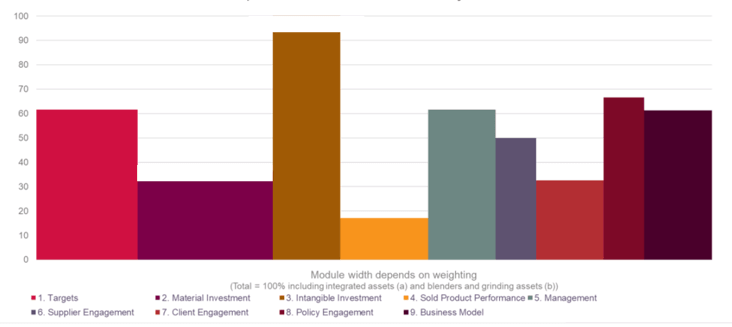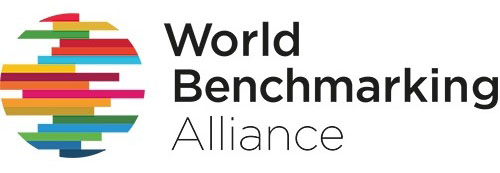The ACT initiative provided more than 100 companies with a confidential assessment of their climate strategy and with training on the methodology used through multiple road-test over the past 5 years free of charge. The individual report summarising key findings and recommendations was particularly appreciated to guide future company efforts towards their low-carbon transition.
“The exercise has helped validate our preliminary plans, and identify gaps to enable us to transit to be a greener, low carbon mobility operator. We are glad that we are on the right track and we are committed to strengthen our ESG efforts.” – ComfortDelGro Group
What works well, and what doesn’t?
While the ACT initiative strives to incorporate ambitious benchmarks, the methodologies developed to assess companies in sectors with high environmental impact should also be usable to its main audience, companies. As a result, all feedback from participating companies and from ACT analysts conducting the assessments are considered. The road-test is a welcome opportunity to revise indicators to ensure applicability to different sub-sector actors, and participants were appreciative of clarifications on calculations and rationales for certain indicators.
ACT has used road-test in methodology development since 2016, using real data and working in collaboration with companies to ensure the relevance, robustness and data availability of each indicator. 30 small and medium French companies took part in a first iteration of the ACT road-test in 2018 which covered 6 sectors. The road-test was carried out at the national level and adapted specifically to the context of SMEs in France. Positive results validated the benefits of the approach: 85% of participants considered the ACT assessment to be a pertinent benchmark to assess the progress of a company’s transition to a low-carbon model.
Given this initial success, ACT launched a global road-test in 2020 where 30 companies piloted recently developed methodologies covering the Transport, Cement and Oil & Gas sectors. Additional assessments were done using publicly available data in order to cover a wide range of cases. Participants found that in addition to the data collection exercise, the dedicated support of an ACT analyst and the training provided on the methodology proved excellent tools to supply useful insight and identify areas of improvement of their company’s low-carbon strategy.
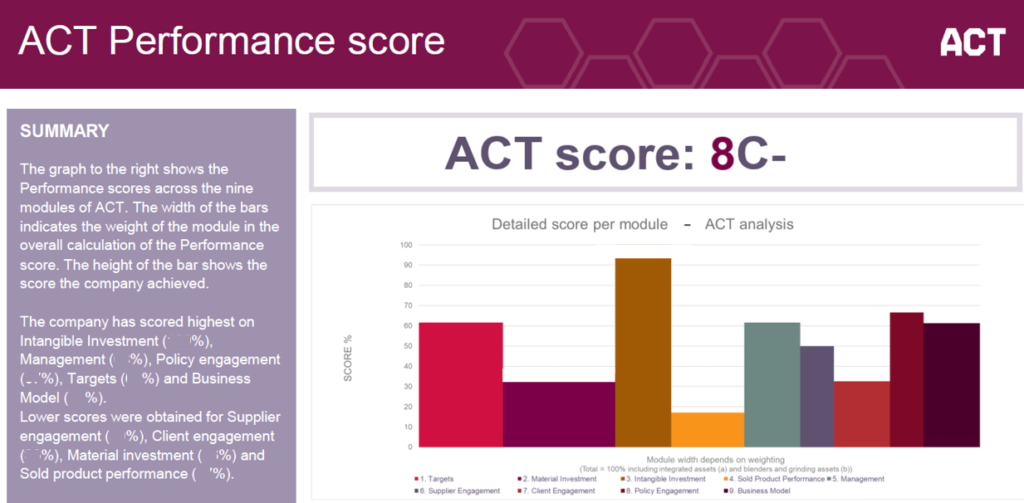
Figure 1: Example of module-level rating for the ACT performance score (Cement sector).
Participants receive clear and actionable feedback
Figures 2 and 3 below are examples of the output of the ACT road-test process. Companies are provided with an overall ACT rating, an analysis of the three dimensions of this rating (performance, narrative and trend scores) as well as focus points which are detailed and explained in their individual feedback report.
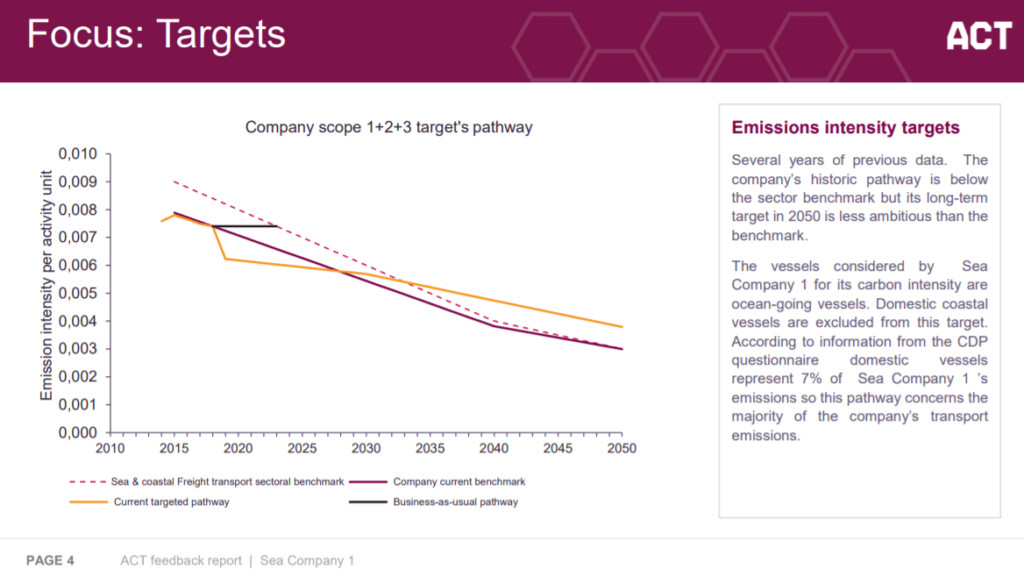
Figure 2: Example of the feedback provided in the ACT company report (Transport sector).
Company data and results remain confidential for the road-test phase. Aggregated results and key learnings from the assessments of up to 15 companies are presented to participants at the end of the project. More detailed findings from the road-tests carried out last year for the Cement, Transport and Oil & Gas sectors will be shared soon.
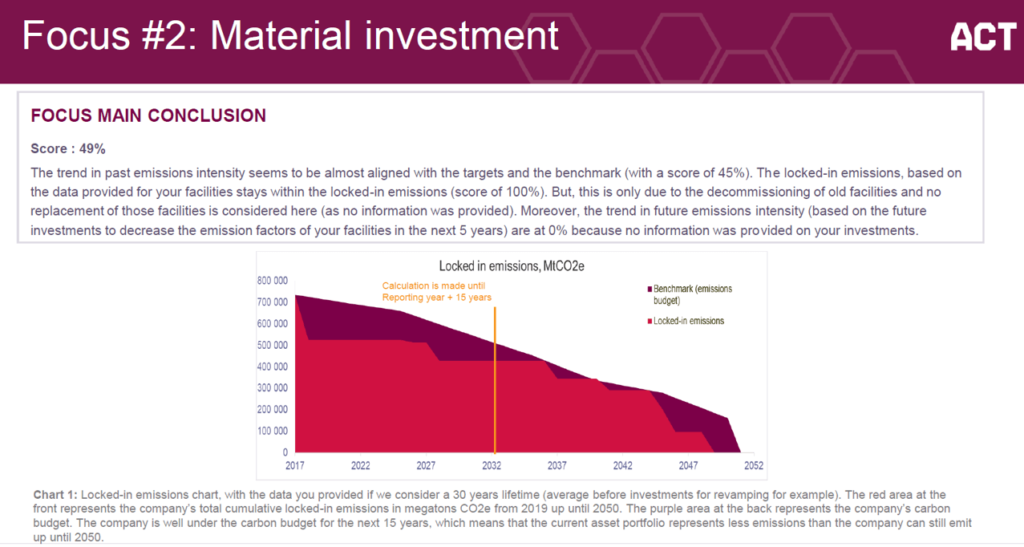
Figure 3: Example of the feedback provided in the ACT company report (Cement sector).
ACT methodologies underpinning the road-test
To meet the huge collective challenge of keeping global warming well-below 2º degrees, it is vital that companies have accurate feedback about their progress towards the low-carbon transition. That is the gap that ACT methodologies seek to fill, and these methodologies are road-tested to ensure relevance. It is free for companies to take part in the ACT road-test, the outcome is a confidential assessment of your company’s low-carbon strategy as well as internal capacity building, and companies are just asked to provide support with data collection and feedback.
Sectoral ACT methodologies are developed following a rigorous methodology development process. Global benchmarks used to assess various aspects of the low-carbon strategy of companies are discussed and reviewed with a Technical Working Group composed of sectoral experts. For more information on ongoing methodology development and how you can contribute, please visit the Methodologies Developments page.
Road-test timeline:
- March 2021 – September 2021:
- Agriculture & Agrifood
- Iron & Steel.
- September 2021 – February 2022:
- Chemicals
- Glass
- Aluminium
- Pulp & Paper.
How to sign up to an ACT road-test?
Do you know a company who would benefit from free feedback on their climate strategy? To sign up to an ACT road-test or to share this opportunity, please visit the ‘ACT Roadtest’ section of the website.
Alice de Palma – Senior Technical Officer ACT Initiative
